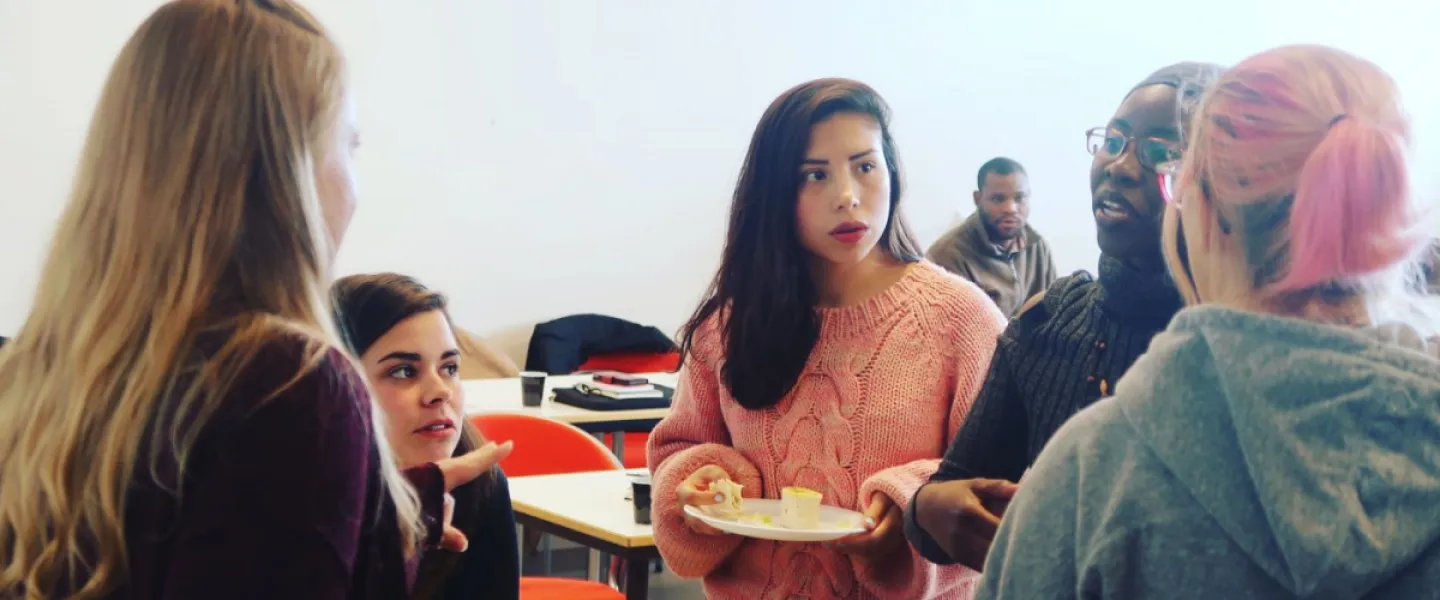
Nearly twenty students began their studies in International Studies in Education this autumn. Special student orientation was held for them at the beginning of September. Students are accepted biannually into the programme and around fifty students representing more than twenty countries are currently enrolled in the studies in both undergraduate and graduate studies.
"We offer this programme as a response to the development of multi-cultural society in Iceland and globalisation as it opens new ways for students with an international perspective in the field of education studies. This programme also appeals to those who wish to work with the increasing immigrant population and the growing group of multilingual children in Iceland," says Brynja Elísabeth Halldórsdóttir, Assistant Professor at the School of Education and coordinator of the programme. Students can choose between two specialities in their studies; language teaching or education in an international context.
"The programme is interdisciplinary, and we explore education and learning with a view to globalisation, sustainability, democracy, and human rights.
Students take courses in sociology, philosophy, psychology, anthropology, business administration, political science, English, and language teaching. As the programme includes a significant number of elective courses students have the opportunity to take courses that interest them especially. Since we also include the experience and knowledge that the students bring with them, we, as a faculty, are constantly learning something new and seeing new sides to subjects related to education and learning."
Brynja says the students are very satisfied with their studies and that many of them apply for graduate and even doctoral studies, both here at the University of Iceland and elsewhere. "Students have gone into a variety of job sectors after graduation. Many graduates work in schools in Iceland, both at the in pre- and primary school levels; others have found work within international institutions, developed native language programmes or founded organizations or businesses or returned home to work in the educational sector.
The International Studies in Education programme was established in 2008 in order to offer immigrant students who live in Iceland an opportunity to seek higher education in English. The studies have been quite popular, both on the undergraduate and graduate levels. "The studies are unique because this is the only undergraduate programme in international education in Iceland, and overall there are very few options on the undergraduate level in English. Another factor that sparks interest in the programme, from outside of Iceland, is the fact that at the University of Iceland has no tuition fees, only a registration fee"
The University has a relatively wide selection of courses in English at the graduate level, and a growing number of courses at the undergraduate level and Brynja believes this will grow with an increased focus internationalization.